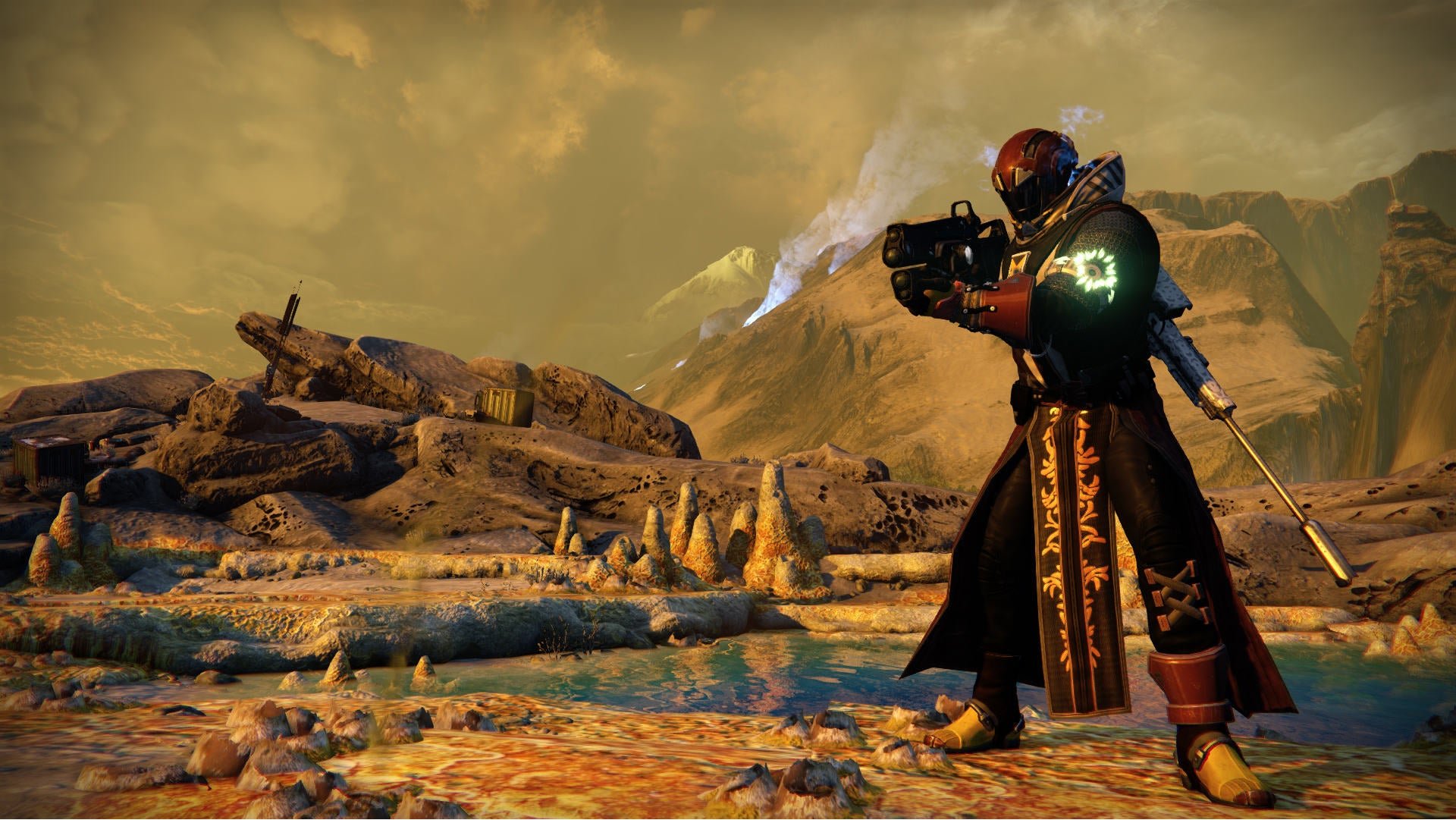This is the game you’re going to be playing for the next decade
The gaming industry is a lot like Hollywood, with its inexhaustible supply of X-Men, Spidermen, and Batmen. As in the movies, endless versions of game franchises dominate the top-seller lists. The first Call of Duty game, for example, was released in 2003. More than a dozen sequels later, it remains one of the most popular first-person shooter games in existence. The fifth edition of Grand Theft Auto, released late last year, is the most successful game in history. And World of Warcraft, derived from a desktop computer title released in 1994, remains hugely influential. Heck, even old Mario is still around in some form or the other. These things can run and run.


The gaming industry is a lot like Hollywood, with its inexhaustible supply of X-Men, Spidermen, and Batmen. As in the movies, endless versions of game franchises dominate the top-seller lists. The first Call of Duty game, for example, was released in 2003. More than a dozen sequels later, it remains one of the most popular first-person shooter games in existence. The fifth edition of Grand Theft Auto, released late last year, is the most successful game in history. And World of Warcraft, derived from a desktop computer title released in 1994, remains hugely influential. Heck, even old Mario is still around in some form or the other. These things can run and run.
Despite that, retailers are betting that gamers will line up to buy a brand new title this week. The makers of Destiny, which revolves around a group of “guardians” trying to protect Earth’s last city, sold over $500 million worth of the game on the first day of its worldwide release, Sept. 9. (That $500 million in sales is what retailers have paid the publishers, not end-user spending, but “while this is not the same as actual gamer purchases, retailers would not order the title on this scale without confidence in the high level of consumer demand,” writes Macquarie’s Ben Schachter in a note.)
Part of Destiny‘s early success may be attributable to the pedigree of its publisher, Activision, which lists Call of Duty, the Quake series, and the Guitar Hero series, among others, as part of its line-up. The first-day sales for the new game have helped justify Activision’s ambitious 10-year plan (paywall) for the Destiny franchise, in which the company has committed to spending that same amount—$500 million.
Michael Pachter, a video games analyst, told Bloomberg he reckons that Destiny will sell 10 million copies at around $60 each in the first few weeks. By way of comparison, last year’s biggest new franchise, The Last of Us, has so far sold a total of 7 million copies.
What makes Destiny‘s expected success—and the confidence retailers have in the game—even more notable is that it is a rare title to be released without early reviews. Bungie, the company that developed the game (and the wildly popular Halo), explained that the game would be at its best when populated by thousands of players, something a limited-access early release would not allow.
It’s a sign that, after a lull in innovation in the industry, gamers are hungry for a new title. And indeed, for those looking to delve deeper into this new world, there is already an expansion set for Destiny in the works.